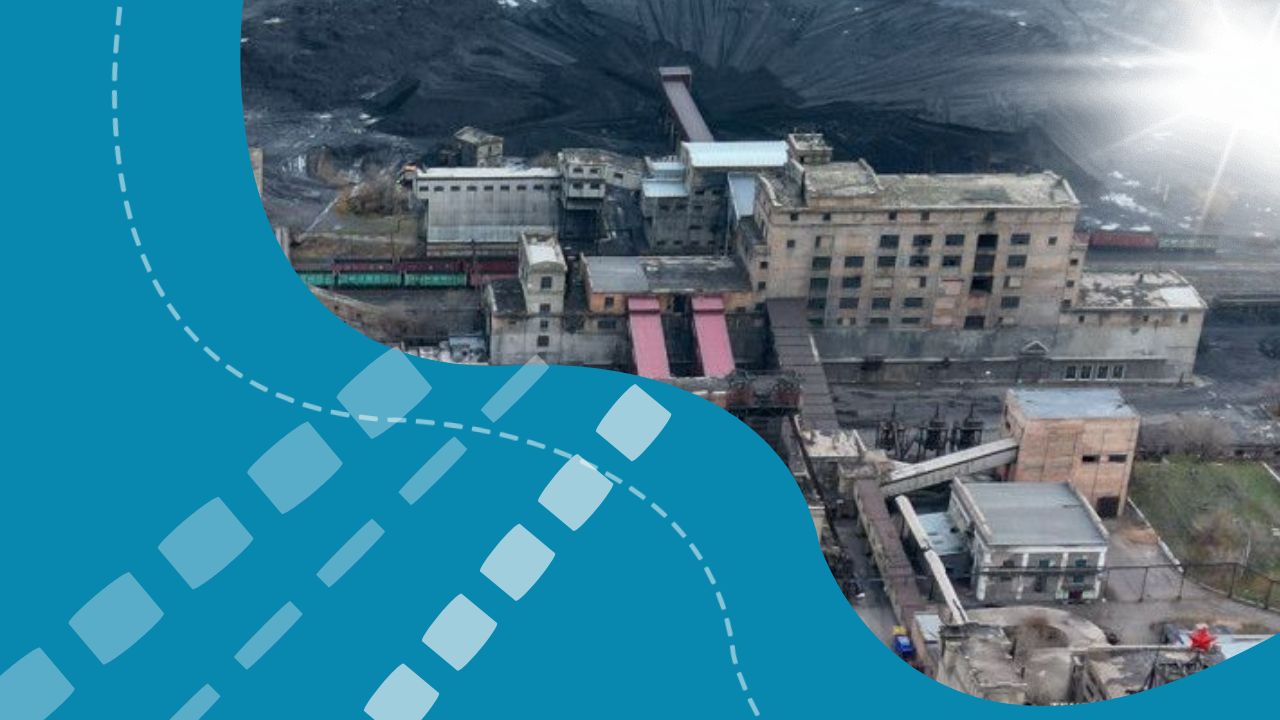The German government earmarked about €1 billion ($1 1 billion) for raw materials investments as it seeks to reduce dependency on producers such as China for critical minerals, according to people familiar with the plan
A selection process will be established to determine which projects — including in extraction, processing and recycling materials — are eligible, the people said, speaking on condition of anonymity Financing, via Germany’s state-owned KfW development bank, will consist of equity capital to make acquisitions of minority stakes
Projects in Germany and abroad will “contribute to the security of supply of critical raw materials,” an Economy Ministry spokeswoman said The ministry didn’t give details on how the state fund would be structured

